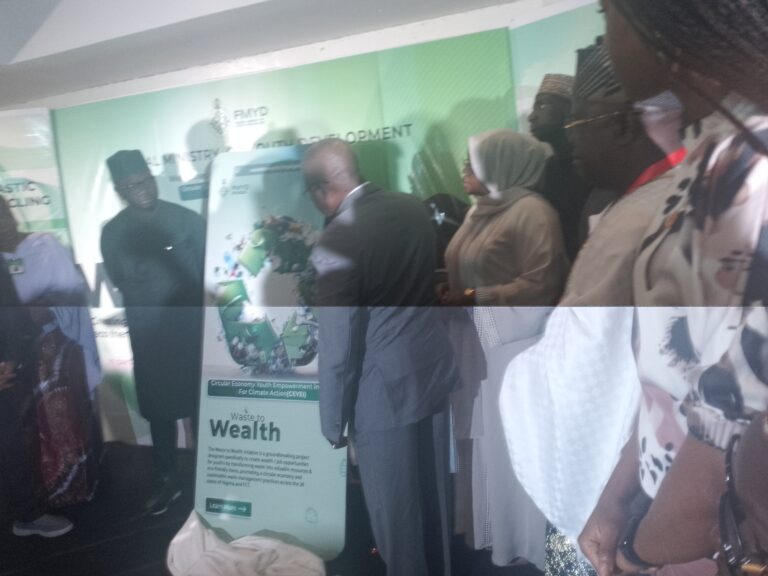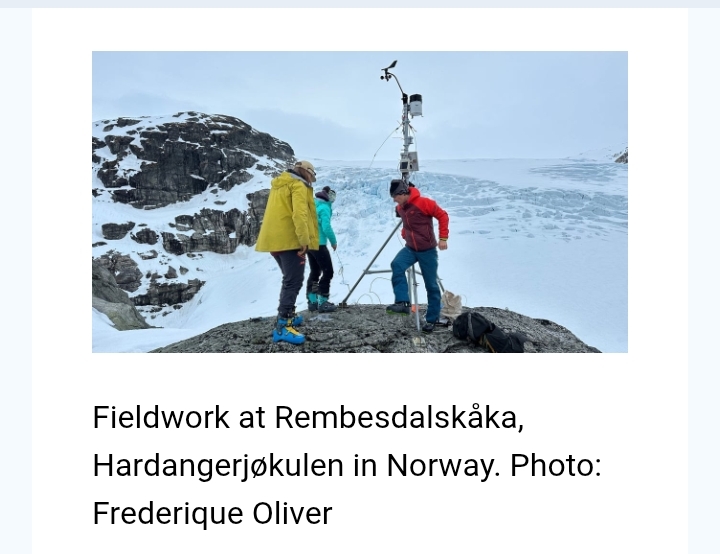
Connected Advocacy conducted a workshop on carbon emission reduction strategies in Sabongari, Kaduna Local Government Area.
The Executive Director of Connected Advocacy, Prince Israel Orekha, announced this to reporters in Lagos on Friday.
Orekha explained that the workshop’s objective is to align with Nigeria’s net-zero commitment by formulating feasible decarbonization plans that can be implemented at the local level.
During his Welcome Address, Hon. Dr. Engr. Ibrahim Mohammed, Chairman of Sabongari LGA, commended and thanked the organizers, especially Connected Advocacy, for their dedication to climate education.
The Chairman was represented by Hon. Umar Shehu, who emphasized the importance of emissions in his speech and how a depleted ozone layer could have severe consequences for life on earth.
“Our LGA is dedicated to contributing to Nigeria’s Net-Zero objective.
“This climate action plan will serve as a guide for reducing emissions and creating a more sustainable future for our community,”Sheu stated.
Orekha delivered an in-depth presentation on climate change and why it poses a significant threat to Sabon Garri.
He identified the causes, impacts, and specific implications of climate change in relation to Nigeria’s net-zero commitment and local government initiatives.
The executive director elaborated on Nigeria’s net-zero pledge, discussing climate action plans and policies.
He stressed the crucial role of LGAs due to their proximity to communities and firsthand knowledge of local challenges.
Key points emphasized included:
Community engagement for effective solutions.
The significance of data-driven decision-making Advocacy and policy implementation to achieve Net-Zero emissions Principles of effective climate action planning Integration of mitigation strategies (emission reduction) and adaptation strategies (adjusting to climate change impacts).
The executive director stated that these highlighted elements are essential steps in expediting sub-national government efforts and reaching Nigeria’s net-zero commitment. Orekha also highlighted the importance of rigorous data analysis and collaboration to scale up the process.
He noted that energy poverty is a critical issue in the northern region of the country.
He further suggested that individuals at the grassroots level should utilize renewable energy to not only reach rural communities without access to the national grid but also contribute to global carbon reduction efforts.
Workshop participants identified key challenges such as plastic bag usage, firewood burning, and the necessity for regulation and enforcement.
They also explored innovative concepts and best practices for emission reduction.
The interactive session marked the initiation of a collaborative process to develop an LGA-specific climate action plan.
This plan will outline mitigation and adaptation strategies, as well as community engagement and capacity-building initiatives.
Sabon Garri LGA is one of many local governments in Nigeria ready to take action on climate change, currently requiring essential support to establish its climate change policy. By formulating and executing climate action plans, LGAs can significantly reduce emissions, enhance resilience, and create a more sustainable future for all Nigerians.
A Unified Call to ActionIn a strong call to action, Connected Advocacy urged all officials present to take decisive action.
The organization underscored the importance of creating robust policies, fostering collaborations, and implementing concrete measures because, as they reiterated, climate change is real, and its effects are already evident.
The message was clear: there is no time to waste in the battle against climate change, and local governments play a crucial role.
The event marked a significant stride in empowering local government officials with the knowledge and tools required to drive climate action at the grassroots level.
It demonstrated the potential of local governments to lead the way towards a sustainable and resilient future for Nigeria.
As the seminar concluded, the attendees’ sense of urgency and commitment was tangible.
The knowledge acquired and strategies discussed laid a strong foundation for future actions aimed at mitigating the impacts of climate change and achieving net zero emissions.
About Connected Advocacy Connected Advocacy is a prominent organization dedicated to advancing climate action and sustainable development in Nigeria. Through education, advocacy, and collaboration, they empower communities and local governments to take proactive steps towards a sustainable future.



